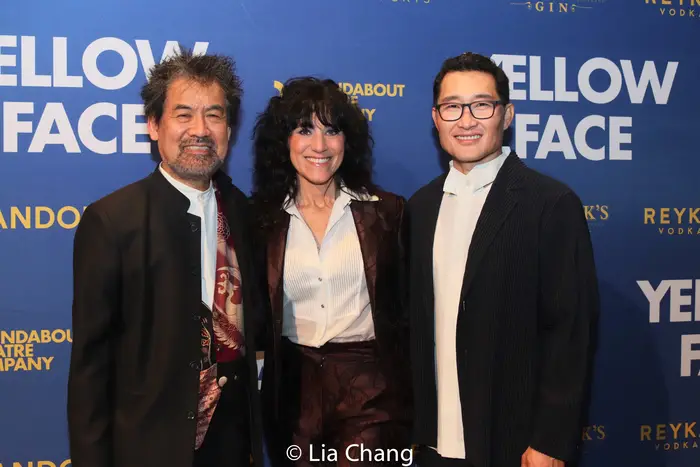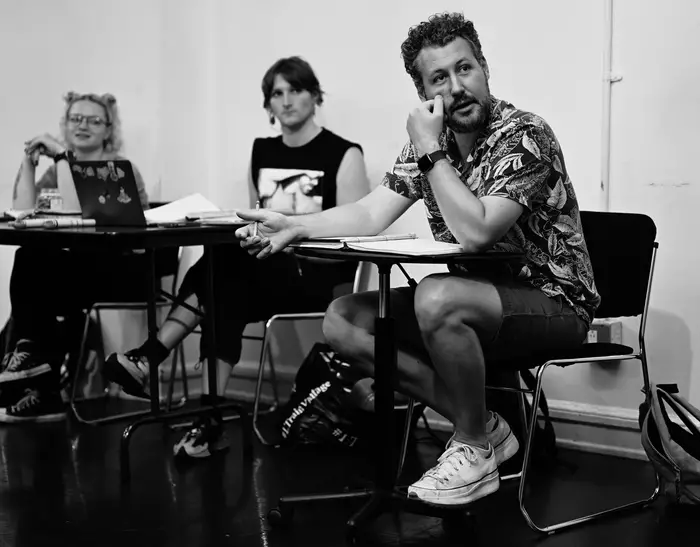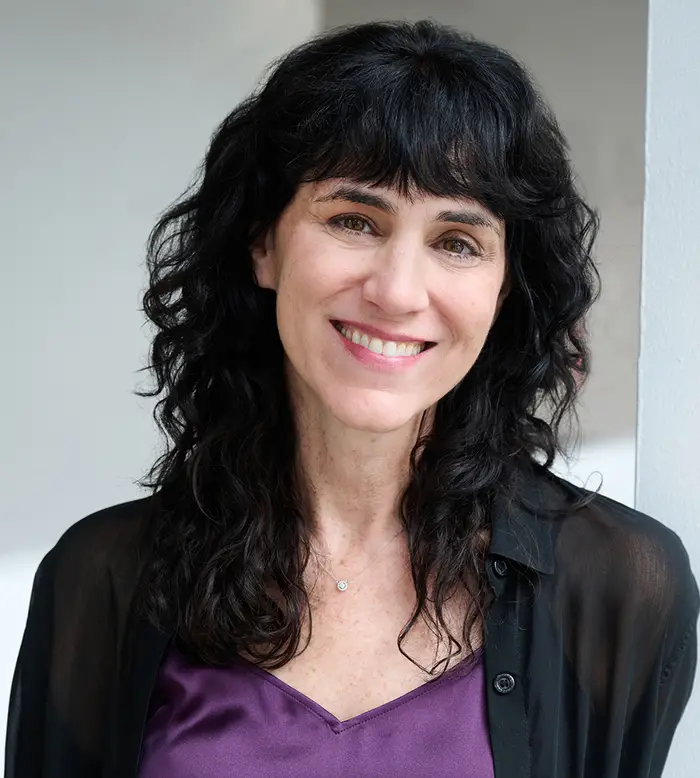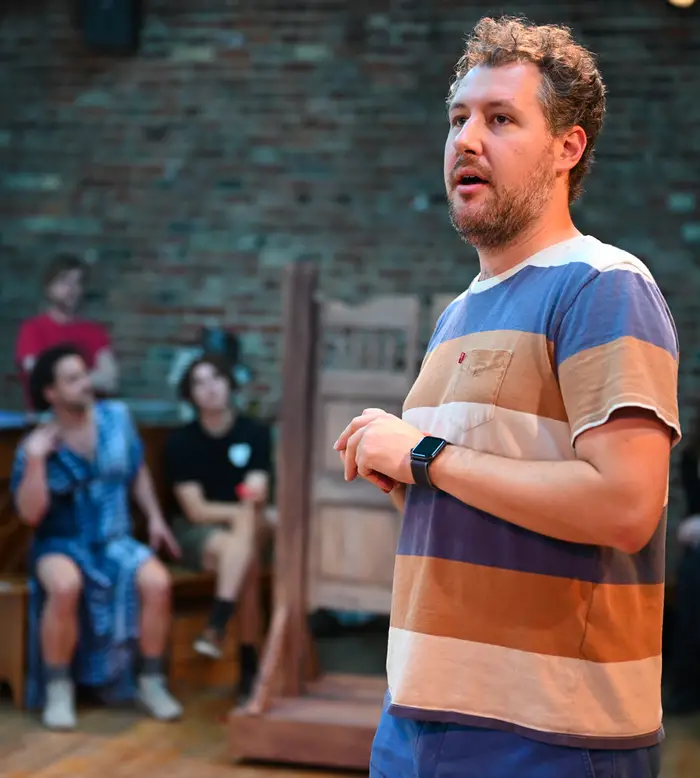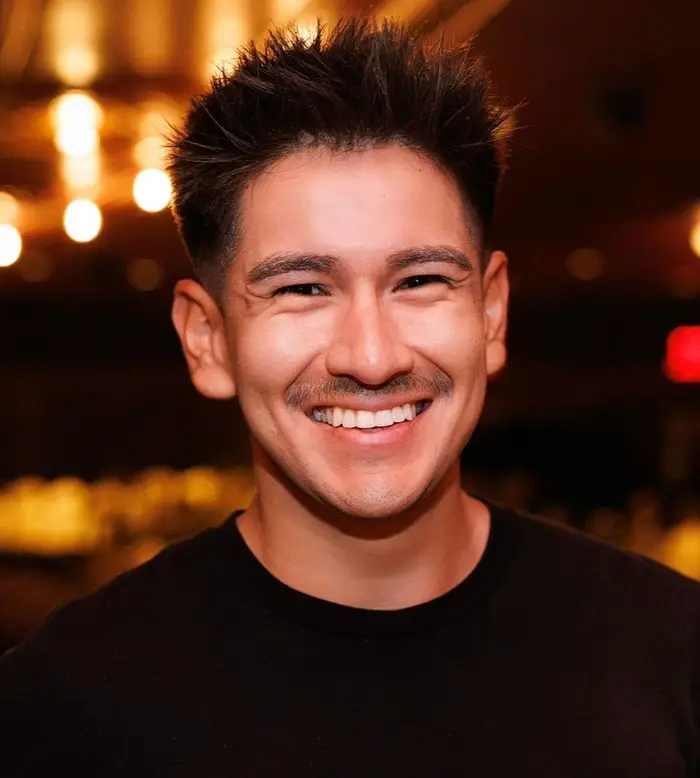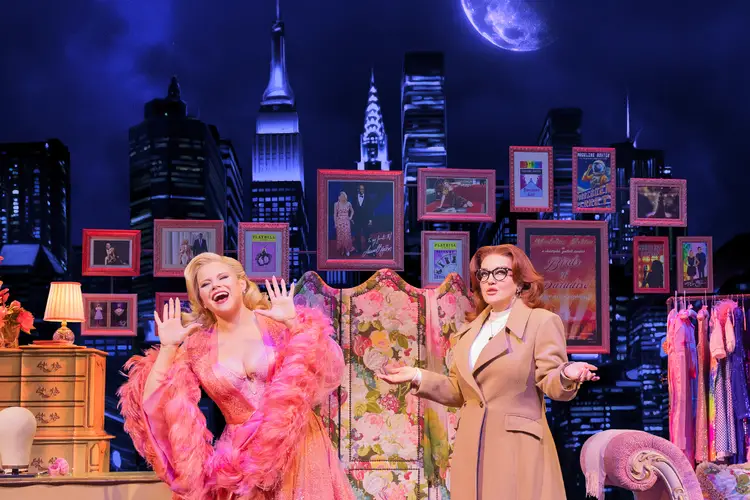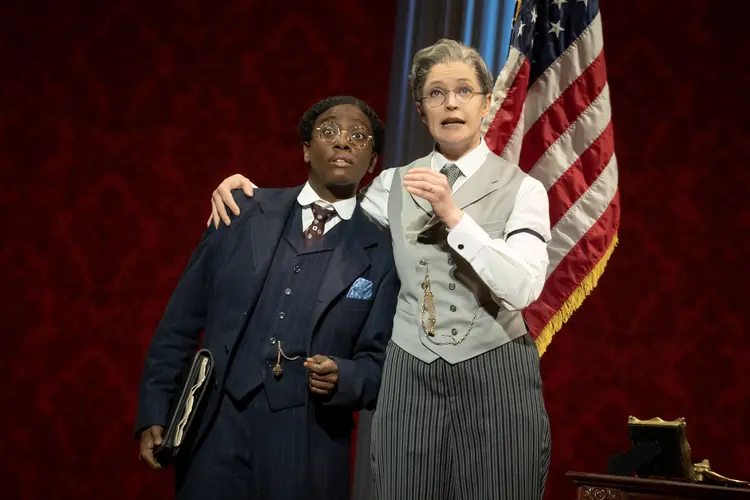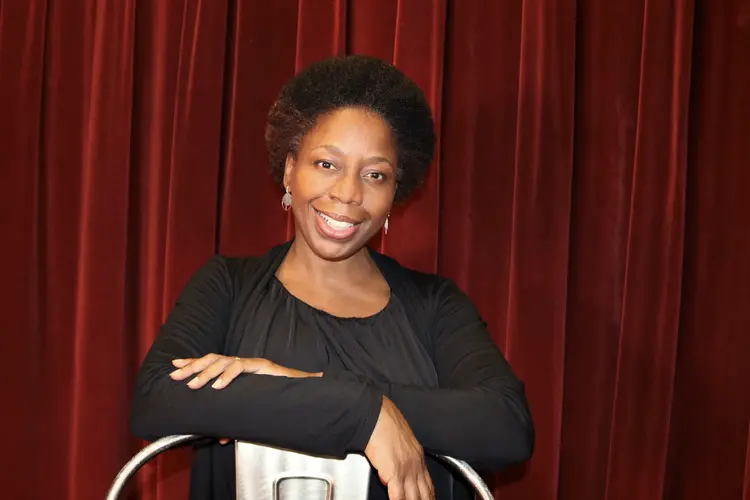CMU Created Shared Experience for Directors Now on Broadway
Media Inquiries
No matter when they earned a diploma from the Carnegie Mellon University School of Drama(opens in new window), alumni of the program know they have invested in a common language and approach to making theater, as three graduates who are now Broadway directors recently discussed.
In the following Q&A (edited for clarity), they explained the impact and importance of Carnegie Mellon on their careers, including how the emotional intelligence and collaboration that they learned from their days as students have carried them to the stages where they are now.
Q: What professional skills would you say it takes to be a director? How has Carnegie Mellon helped you hone those skills?
Leigh Silverman: There was tremendous variation in both technique and style within the directing faculty. Jed Allen Harris(opens in new window) was focused on vibrant and exciting new work; Greg Lehane(opens in new window) was really into musicals and opera; Mladen Kiselov was interested in wild interpretations of classics and focused on imagination and creativity and auteurship; and Geoffrey Hitch(opens in new window) had a very useful and practical take on directing. Understanding that directing doesn't have to be any one thing — in fact, it's better when there's some combination of all of those kinds of people and personalities — was enormously useful. There were some classes where you could feel aligned and then there was opportunity for that to shift and change over the years, as you had different experiences with different teachers and professors.
Benjamin Viertel: Developing my own aesthetic, opinions and interests was definitely a skill I figured out at Carnegie Mellon. That started from our first year. For example, in Jed Allen Harris’ class, we had to create a lot of work and respond to our classmates' work. By watching other people's work and giving feedback, you actually start to figure out: What are you interested in? How do you talk about what you're interested in? How do you also give feedback that is constructive and supportive to your fellow creators? How do you learn how to speak about their work to them?
In the professional world, you develop your own little cohort, call up your friends and say, “Hey, come and give me your thoughts on this.” Both how to speak about their work, and how to hone your own aesthetic were practiced again and again in our CMU classes by seeing each other's work and talking about it.
Q: As a director, do you consider the importance of collaborative storytelling? Does it change with each production?
Silverman: As the director, you are the absolute center of the production in terms of leadership and tone-setting; the nature of what the collaboration is going to be; and fostering people's creativity and talent, not only in terms of the actors, but also in terms of the design team, producers and writer(s).
It's up to the director to ensure that that project is as creative and flexible and nimble as possible. That requires strong, clear, transparent and caring leadership. The tenets of how that happens are personal, and change from project to project based on what else is happening inside a process. I like to say each directing process is like a snowflake: It's the same, but it's completely different from the last one and from the next one. Being able to bring bespoke and intentional, clear, transparent directing to each process is, for me, foundational. That kind of leadership takes confidence and practice.
It's why it's important that the directing program continues at CMU, because it's one of the few places in the country that offers the experience and the practice and doing mostly just that for the entirety of your time. For people who really want to devote their life to directing, the program is essential as a place to make a bunch of mistakes and learn and change and grow. And the more that that can happen inside a scholastic environment as opposed to a professional environment, the better!
Moses Garcia: The thing that I really took away from my training was: Collaboration is an investment in your community. The more that I invested in my collaborators as humans, outside of them being artists, the more trust was built.
For me, that's the foundation for all the ways that I make theater, really getting to know the people that I'm working with outside of their life in the theater. Where are you from? What's your background? What are you like when you get agitated? Initiating really deep conversations to really understand one another, because there are moments in the collaborative process where you're not going to agree, and collaboration doesn't mean agreement. Collaboration is working toward the goal of fulfilling the vision that the director and the team has.
The more that I'm able to create fruitful relationships with my collaborators, the more I see that pay off in the collaborative process, because they feel seen, taken care of and heard. I still have a few group chats from my time at CMU, and we check in and say hi, even though that was like three years ago now. We'd have design meetings over dinner, and half of those would be dinner and connecting with each other.
Q: How important has Carnegie Mellon been to your careers?
Silverman: The extended community feeling is one of the benefits of going to a small school where you are all doing the same thing and you all want the same thing. That may change over the years, the further you get from graduating, but it means something to meet other people who made the commitments, the sacrifices and the compromises that you did.
I look at Ben and Moses and I know, even though we all went at such different times, that we know what it's like to pursue this profession, above almost everything else, and that we share a passion for the same thing.
Viertel: I had amazing relationships with the professors at Carnegie Mellon, especially Jed Allen Harris, and if I called them more often (I probably should), they would be nothing but supportive and generous with their time. My best friend graduated from the directing program in my year. I officiated her wedding and she married another director from the program a year below us. That's the type of friendship-mentorship that came from CMU.
I'm also consistently hiring Carnegie Mellon alumni. The play I'm directing right now is designed by Carnegie Mellon alum Nicholas Pollock; there's two actors in the show and one of them is a Carnegie Mellon alum, Atticus Shaindlin. Especially because I was on the board of NYDAC(opens in new window) for seven years, my responsibility was mostly bringing people together. From that experience, wanting to create the community that we had when we were in the lobby of Purnell, I'm continuing that in the rooms that I lead. I cannot think of a show that I have done that has not had Carnegie Mellon people in it. In a way, even though I would not call myself a mentor to anybody else, I try to create a community.
Garcia: In terms of mentors while I was in school, it definitely had to be Jed Allen Harris and Kim Weild(opens in new window). They were more than just my professors. They literally always had their doors open and I would be in their offices all the time. My time at CMU was very rigorous and challenging, and I went through a lot of growing pains, and they were there for me every step of the way, as well as Amy Nichols(opens in new window). I would not be a director, and I would have not gotten my degree from Carnegie Mellon, had it not been for those three folks uplifting me every single step of the way.
There's this shared understanding and humanity with other alumni. Even if I don’t know the person, I'm just like, “hey, I know you went to CMU, nice to meet you” and we share this glance. We both know all of the emotions attached to that shared moment, which is beautiful. That's why I think Carnegie Mellon alumni are successful and are working. But it's also a very specific and unique environment to spend your early years as an adult finding yourself.
Leigh Silverman earned a bachelor of fine arts in directing and master of fine arts in playwriting from Carnegie Mellon. Silverman was the director of “Yellow Face,” which was recently nominated for Best Revival of a Play for the 2025 Tony Awards. A Drama Desk nominee and Obie winner, she has twice been nominated for the Tony Award for Best Direction of a Musical, first in 2014 for “Violet” and most recently for “Suffs,” which won two Tony Awards at the 2024 ceremony.
Benjamin Viertel graduated with a bachelor of fine arts in directing from CMU. Viertel serves as co-founding artistic director of Third Space creative company. He is currently working as assistant director of “Floyd Collins,” which was recently nominated for Best Revival of a Musical for the 2025 Tony Awards.
Moses Garcia earned a bachelor of fine art in directing and a master of arts management degree from CMU. Garcia serves as the associate director of “Buena Vista Social Club,” which was nominated for 10 2025 Tony Awards, including Best Musical and Best Direction of a Musical.
